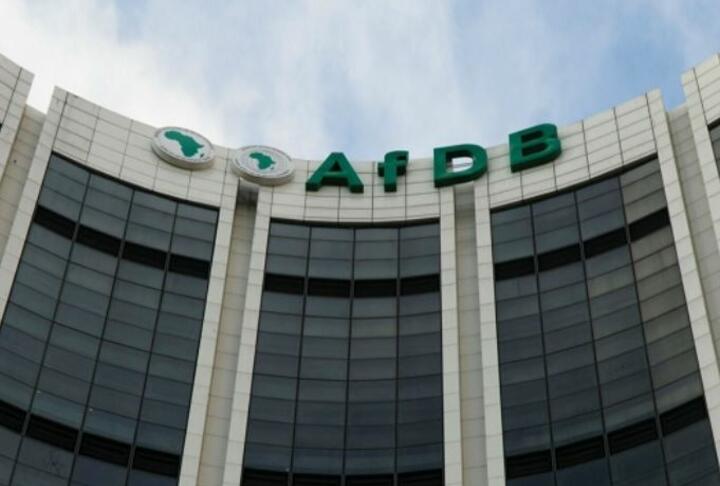

A public debate meant to showcase
the visions of contenders vying for the presidency of the African Development
Bank (AfDB) fell flat in Abidjan on May 13, after three out of five candidates
failed to appear — a move now drawing sharp criticism over their commitment to
African audiences.
Milton Oluoch, a political
commentator and public affairs analyst, has condemned the no-shows in a
detailed critique, calling it “a test of vision, credibility, and
accountability that many failed.”
The debate, scheduled during the
high-profile Africa CEO Forum attended by over 2,800 leaders from public and
private sectors, was set to provide a platform for the five AfDB presidential
aspirants to outline their agendas.
But only two candidates — Mauritania’s Sidi
Ould Tah and Senegal’s Amadou Hott — participated.
The remaining three candidates declined,
allegedly citing language difficulties, scheduling conflicts, and concerns
about fairness.
Oluoch, however, dismissed these
explanations as “all plausible. None persuasive”.
Their absence stood in stark
contrast to their earlier participation in a similar debate hosted by the
Brookings Institution in Washington, D.C.
“Some of these same candidates sat—confident
and composed—at a debate hosted by Brookings… far from Africa. And even further
from the voters they hope to lead,” Oluoch wrote.
Oluoch questioned whether the AfDB
presidency had become a contest shaped more by Western influence than African
accountability.
“Are African forums merely a
courtesy stop, while the real courtship plays out in the salons of foreign
policy institutes?”
Oluoch described the candidates’
silence in Abidjan as a “failure to grasp the moment they are campaigning to
inherit,” arguing that the AfDB needs leaders with moral clarity, not just
institutional experience.
“The AfDB is not short on
policies—it is short on proximity, trust, and courage,” he said.
Oluoch also rejected the language
barrier excuse, stressing that Africa is a multilingual continent and that the
AfDB itself is bilingual.
“To cite language as a reason to
retreat from dialogue is not only a failure of preparation—it is a failure of
imagination.”
According to Oluoch, the candidates’
selective visibility reinforced harmful perceptions that African platforms are
secondary.
“By choosing to speak abroad but not
here, these candidates showed us which audiences matter most to them,” he said.
“It was not just an insult to Abidjan. It was a red flag for the institution.”
He concluded with a call for greater
transparency and accountability:
“The next president of the AfDB must be ready
to speak to Africans before they speak for them. Africa deserves better — and
this time, it should not be quiet about it.”







